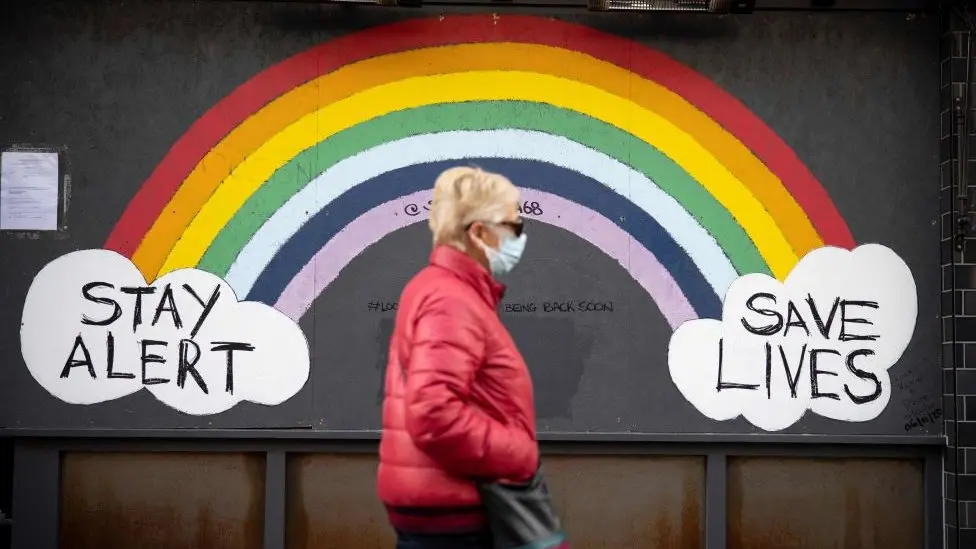How does the Covid inquiry work?
As the world continues to grapple with the impact of the Covid-19 pandemic, many are calling for a thorough investigation into how governments and health organizations responded to…

As the world continues to grapple with the impact of the Covid-19 pandemic, many are calling for a thorough investigation into how governments and health organizations responded to the crisis. One way this is achieved is through a Covid inquiry.
A Covid inquiry is typically a formal investigation conducted by an independent body to examine the decisions and actions taken by authorities during the pandemic. This includes looking at the handling of information, allocation of resources, and implementation of public health measures.
The inquiry process usually involves gathering evidence from key stakeholders, such as government officials, healthcare workers, and scientists. It may also include public hearings where witnesses are questioned under oath.
The goal of a Covid inquiry is to identify what worked well in the response to the pandemic, as well as areas that could be improved upon for future health crises. This information can then be used to make recommendations for policy changes and improvements in preparedness.
One of the key aspects of a Covid inquiry is transparency. It is important for the findings and recommendations of the inquiry to be made public so that the lessons learned can benefit society as a whole.
In some cases, a Covid inquiry may result in legal consequences for individuals or organizations found to have acted negligently or unlawfully during the pandemic. This can include fines, sanctions, or even criminal charges.
Overall, a Covid inquiry can play a crucial role in holding authorities accountable for their actions, promoting transparency and learning from mistakes, and ultimately improving public health responses in the future.







